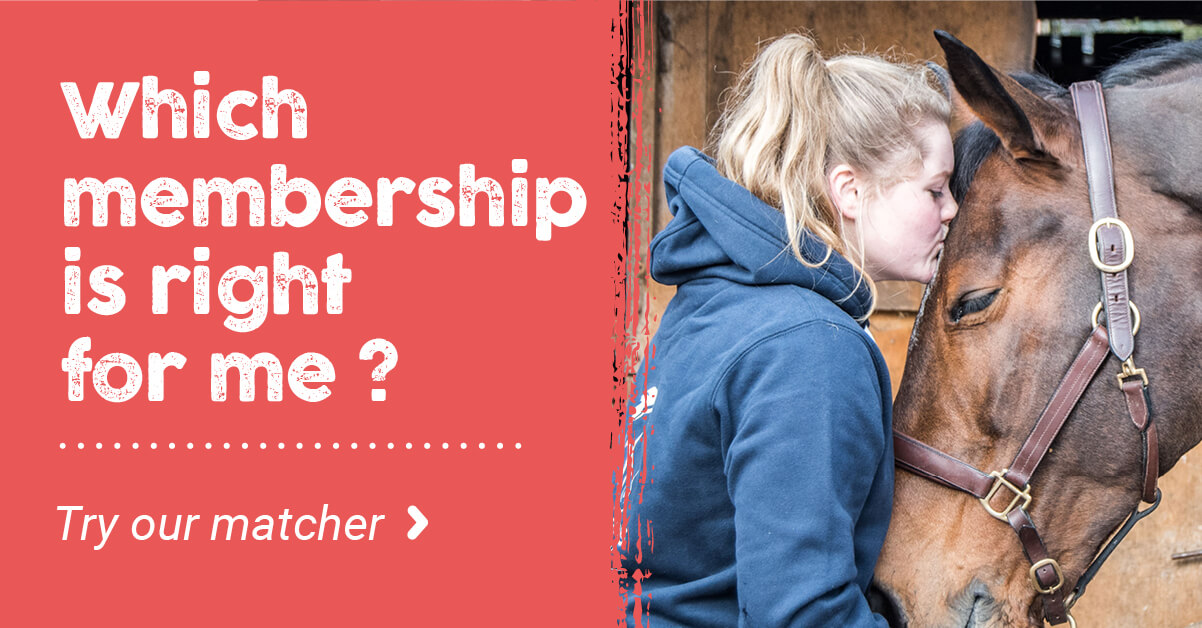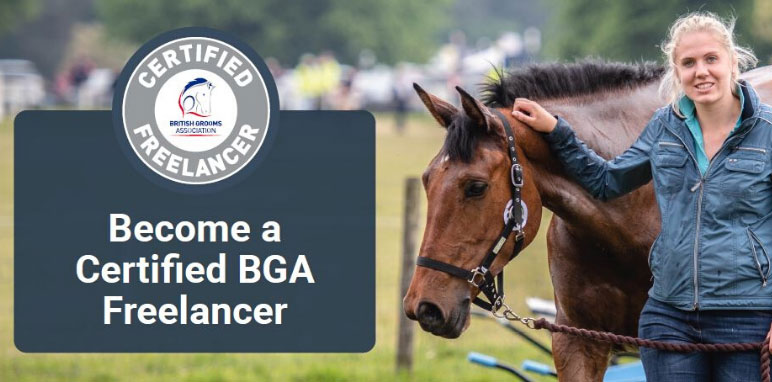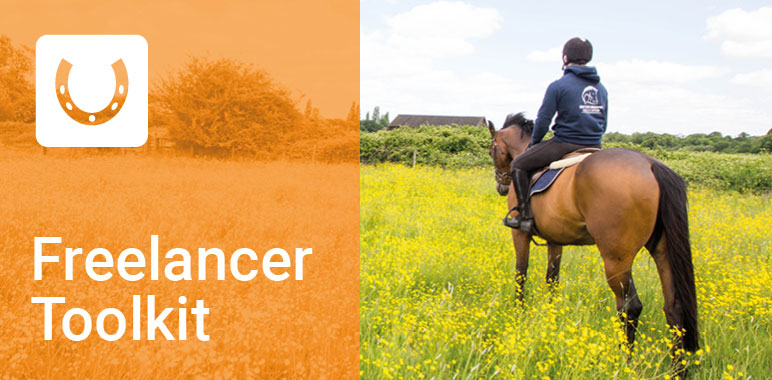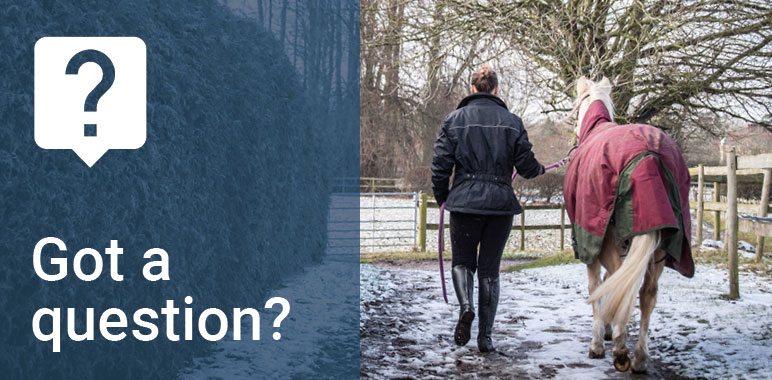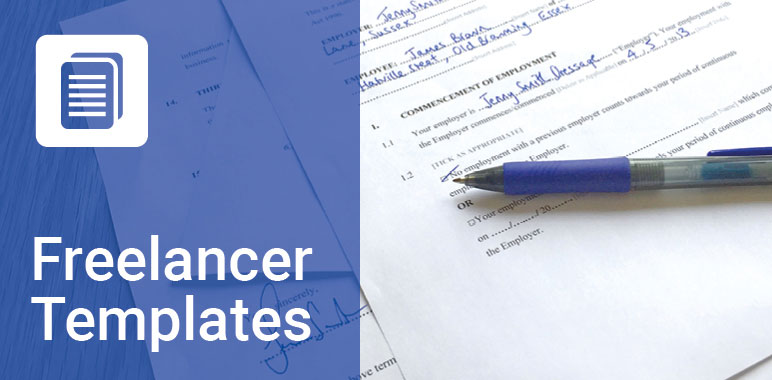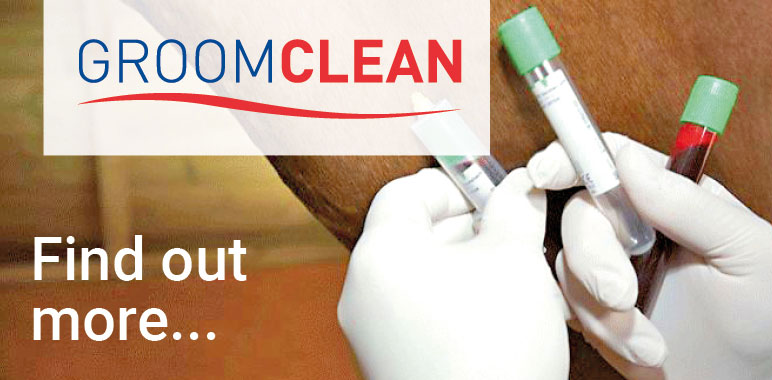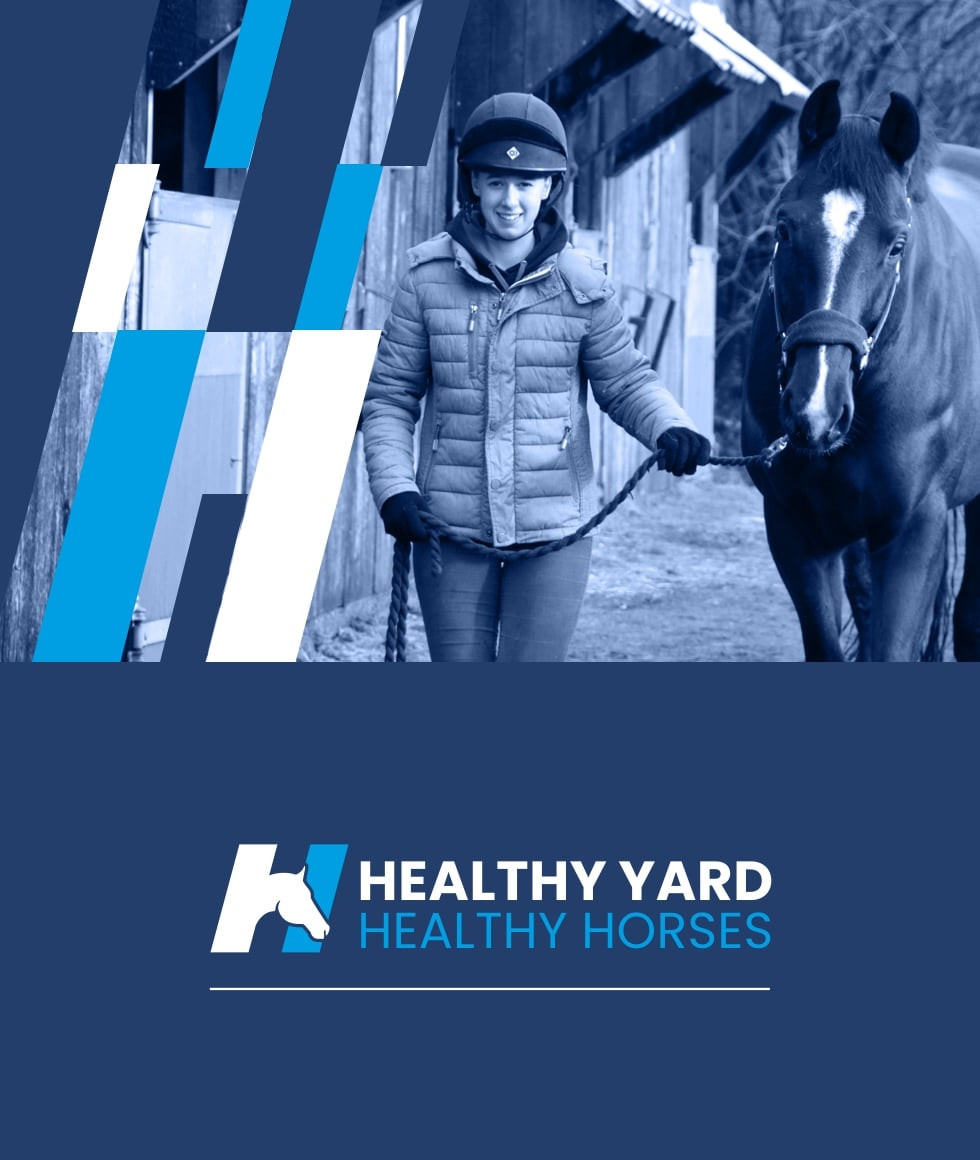- Join Now
- Login
- Member Zone
- Your Career
- Freelancing
- International Grooms Association
- BGA Training
- Healthy Yard Healthy Horses
- Transporting horses
- Brexit
- Safe workplace
- Student Zone
- Member Discounts
- BG Magazine
- Member services
- Training & Careers
- BGA CV Creator
- Horse groom training
- Where to Train
- BGA E Learning
- Career choices
- Change to Racing
- First Aid training for grooms
- Parents
- Grooms Jobs
- Grooms Life
- About
- News
- Contact

Racing Shut down due to influenza outbreak
7th February 2019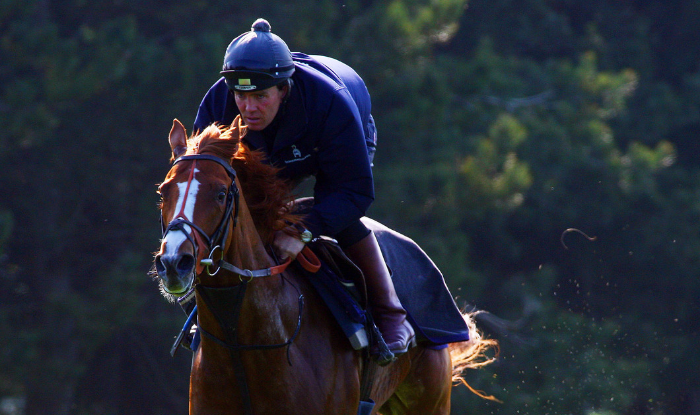
Today, (07/01/19) the British Horse Racing Authority have issued this statement.
“Racing was shut down today as a precautionary measure to restrict the movement of thoroughbred race horses and prevent any further spread of the virus. This is a standard contingency in the event of an infectious disease affecting our horses. It was essential that racing be stood down today and controls on movements of horses be put in place in order to attempt to control the spread of the disease, and the decision was taken swiftly last night that this course of action should be taken, once the extent of the issue was known. The BHA consulted with its veterinary committee before making this decision.
We will endeavour to issue regular information but we are still in the early stages of assessing the scale and severity of the outbreak. We are working quickly to identify the extent of the infection and will have more information when further test results are returned today. The results from those tests will not be known until this evening. Following these results being known a call will be convened to discuss the implications and a decision will then be made as to the impact on racing in the coming days.
We are aware that people want to know the situation as regards racing tomorrow and this weekend and we will seek to provide more clarity as soon as we are able. It is likely that any definitive decisions on whether racing can take place tomorrow will be taken later this evening.
We are contacting trainers of all yards which might conceivably have had contact with horses from the affected yard in order to advise them on biosecurity measures and to ask them not to move horses. We are also issuing guidance to the wider population of trainers.
We are working closely with the National Trainers Federation to share this information and ensure that trainers are kept as informed as possible. Trainers are being sent a contact number should they have further questions, and they are advised to contact their vets with any further concerns.
Anyone visiting a racing yard should exercise appropriate caution and check with a trainer before visiting, and trainers are advised to limit where possible the movement of people to and from their yard. There is a Code of Practice for dealing with infectious diseases on the website of the National Trainers Federation.
All British race horses are vaccinated against equine influenza. However this strain has affected vaccinated horses. The disease may be serious in unvaccinated horses, although symptoms in vaccinated horses are usually mild and transient. Symptoms may include a raised temperature, a cough and nasal discharge. It is highly contagious. Humans are not at risk from the virus though can be transmitters of the virus.
The situation here is not the same as the incident in Australia in 2007. Australian thoroughbreds are not vaccinated against influenza, while British thoroughbreds are, as the virus is endemic in the UK. Therefore an important barrier is in place to prevent the same situation occurring here.
However, as we have seen in Europe, the virus has affected vaccinated horses in this case. The vaccine should however help reduce to a certain extent the effect and spread of the disease in thoroughbreds.
This is a wider horse health issue which is not confined to horseracing. Unlike thoroughbreds, the wider horse population in Britain is not vaccinated against equine flu. Whilst the BHA is not specifically responsible for non-race-horses, the general advice to owners would be to contact your vet if you have concerns.”
The BGA looks at some biosecurity measures to help prevent the spread of the disease.
Equine Influenza has always been a threat among horses, as has Strangles, EHV and many more. The risk increases for busy yards especially for the competition yard and ones where the throughput of new horses is high.
The difficulty with many viruses and bacterial infections is that they are not visible to the naked eye and horses can be infectious for a number of weeks before any symptoms are apparent.
By having sensible and sustainable steps in place you can reduce the risk of horses becoming infected, and if horses do become infectious you can minimise the risk to other horses on the yard.
- It is good practice to routinely take and record the rectal temperature of all horses twice daily, which should be ≥38.5°C/101.3°C. This way you can immediately recognise a horse with an increased temperature (also referred to as pyrexia). If you are worried please call your vet, even if it is for advice.
- Avoid sharing equipment without having disinfected items between each horse. Similarly if you are suspicious about any skin infections such as ringworm avoid using the same brushes, saddle pads or tack to prevent spread of infection.
- New horses coming onto the yard should be routinely isolated. Yards should be able to organise a remote corner of a yard, or a paddock where new horses can be quarantined ideally for three weeks. It is also good practice to take a blood sample.
- It is important not to move horses off premises where an infectious disease has been recently diagnosed as seemingly healthy animals may be carrying the disease. If these horses are taken to events they could spread infection to other horses.
- All horses, including field kept ones, should be vaccinated.
When attending an event
- Try not to let horses touch noses and avoid touching other people’s horses yourself.
- Disinfect your transport afterwards — ask your vet about suitable disinfectants.
- If you are staying overnight disinfect the stables before putting your horse in them (there are easy to use sprays available for this) and ensure that horses can’t make contact with their neighbours.
Out breaks of equine influenza are not only debilitating for the horse concerned but can also have devastating effects on the whole yard and business. Common sense, prevention and precaution is key.
If you have any concerns please contact your vet.
Generic image used.
What the personal accident policy covers you for:
- Whilst at work
- All stable duties – mucking out, grooming, washing off, turning out
- Clipping
- Riding – including hacking and jumping
- Hunting
- Lunging
- Breaking in
- Holding horse for a vet and other procedures
- Travelling horses both in the UK and abroad
- Competing in line with your job including: jumping, dressage, eventing
- Injuries that may happen to you whilst you are teaching - but you must also be grooming as part of your duties and not be a sole instructor
What the personal accident policy doesn’t cover you for:
- Riding in a race, point to point or team chase
- Stunt Riding
- Accidents occurring whilst travelling to and from work
- Riding and competing your own horse (but you can upgrade when applying for membership to include this)
- Public Liability – this is a separate insurance policy - the Freelance Groom Liability Insurance
- Care Custody and Control – this is a separate policy - the Freelance Groom Liability Insurance
If you require additional cover then please contact KBIS directly.
| GROOM | RIDER | EMPLOYER | |
|
When you are working for other people you do most of the following; muck out, turn out/catch in, tack up, groom horses, exercise Horses (including hacking, jumping and schooling), in the care of your employer/client. |
|
|
|
| Predominantly ride horses for other people including schooling, exercising and competing. | NO |
YES |
YES |
| Provide grooming services for someone else either full time or on a freelance basis i.e. an employer or a client. | YES |
NO |
NO |
| Employ staff – have an employers liability policy in your name | NO | NO | YES |
| Buy and sell horses | NO | YES | YES |


